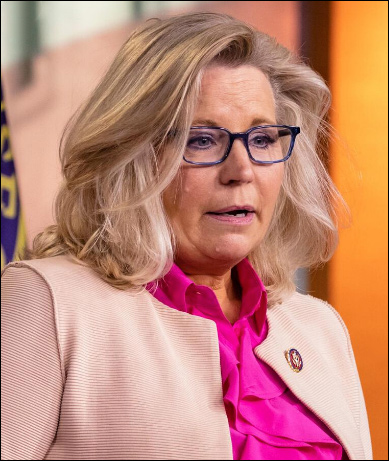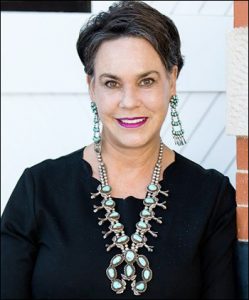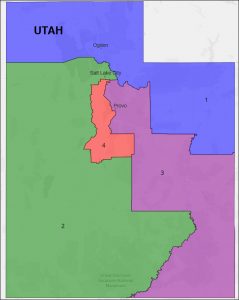By Jim Ellis — Thursday, Sept. 22, 2022
Senate
Georgia: Walker Back Up — In what is proving a seesaw affair between Sen. Raphael Warnock (D) and former NFL and University of Georgia football star Herschel Walker (R), the new Atlanta Journal-Constitution/University of Georgia poll (Sept. 5-16; 861 likely Georgia general election voters) again detects a change in leadership. The last three polls posted Sen. Warnock to leads between four and six points, and now the AJC/UGA data finds Walker re-assuming the lead, 46-44 percent.The bottom line is that this race is close and either candidate has a strong chance to win. Turnout will be the key factor. In the primary, Republican turnout was up an astonishing 110 percent when compared to the 2018 midterm election. Democratic participation was also up, but with a much smaller 29 percent increase.
House
Nevada: The Democrats’ “Three-fer” Commercials — The Democratic Congressional Campaign Committee (DCCC) has a new interesting media message approach for the three Nevada congressional districts, each of which are covered through the Las Vegas Metropolitan Statistical Area (MSA). The tactic is to attack all three Republican candidates, businessman Mark Robertson, attorney April Becker, and insurance agency owner Sam Peters, with one message. Since the party is running a single-issue strategy about abortion, the ad hits all three candidates simultaneously for their pro-life stance.
The move is obviously an efficient use of their advertising dollars, but combining all three candidates in one message might be too convoluted for the voters to fully comprehend. The idea behind the spot is simply to associate all Republican congressional candidates with the pro-life position, thus making the message clearer.
Robertson is challenging Rep. Dina Titus (D-Las Vegas) in the 1st District; Becker opposes Rep. Susie Lee (D-Las Vegas) in District 3; and Peters faces Rep. Steven Horsford (D-Las Vegas) in the more expansive 4th CD that begins in North Las Vegas and stretches to the center of the state. All three are highly competitive in the general election.
Governor
Georgia: Gov. Kemp Expands Lead — The aforementioned Atlanta Journal-Constitution/ University of Georgia poll (see Georgia Senate above) also tested the state’s hot governor’s race. Gov. Brian Kemp (R) has been performing strongly in the polls since his landside 74-22 percent victory over former US Sen. David Perdue in the May Republican primary. The AJC/UGA numbers give the governor a 50-42 percent advantage beyond the polling margin of error over former state House Minority Leader and 2018 gubernatorial nominee Stacey Abrams (D).
Oregon: Minor Party Candidate Withdraws — One of the more interesting gubernatorial campaigns is found in the Beaver State of Oregon. The fact that Independent candidate Betsy Johnson, a former Democratic state senator, has a legitimate chance to win the race is what makes this campaign unique in the 2022 election cycle. Johnson has done better in fundraising than either Democratic nominee Tina Kotek, the former state House Speaker, and Republican former state House Minority Leader Catherine Drazan. She is also competitive with the two major party nominees in the various statewide polls that have been conducted.
Thus, with Green Party nominee Nathalie Paravicini dropping out of the race and endorsing Ms. Kotek, as she did Tuesday, Paravicini’s action actually becomes significant. The race has the potential of splitting close to evenly among the three candidates, meaning each has a legitimate chance to win. Green Party candidate Paravicini’s endorsement, even with only a percentage point or two of support, could prove significant in the final count on election night by encouraging her supporters to instead use their votes to back Kotek.






